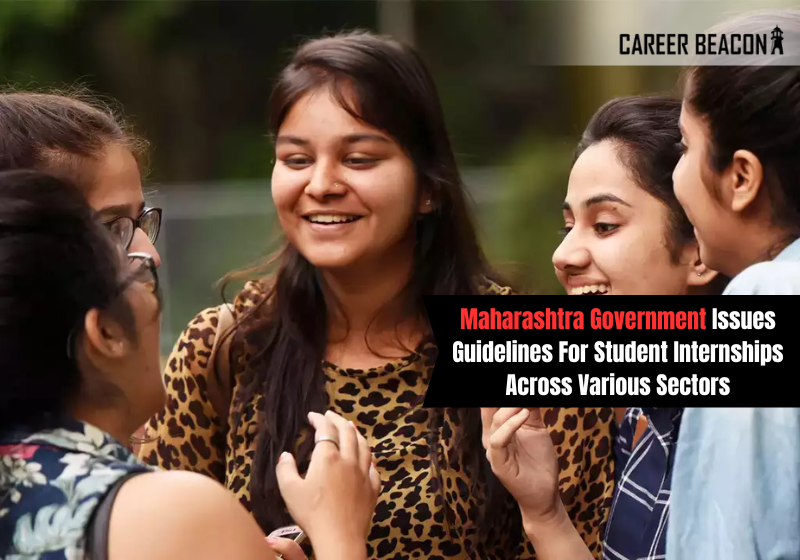
Maharashtra Government Issues Guidelines for Student Internships Across Various Sectors
As numerous students from both traditional and professional courses prepare to embark on internship roles, the state government has introduced guidelines to streamline the process. In addition to industries, NGOs, financial institutions, and banks, students now have the opportunity to pursue internships under professionals like chartered accountants, lawyers, or artists. According to the institute’s internship policy, each college is required to establish an internship cell, forge partnerships with industries to offer diverse internship opportunities, organize personality development programs, among other initiatives. Colleges acknowledge that providing internship opportunities may pose challenges, particularly for those with high enrollment.
The National Education Policy (NEP) 2020 mandates that students complete an internship for 8-12 credits before completing their course, underscoring the significance of experiential learning through internships and on-the-job training to enhance employability and entrepreneurship skills.
As outlined in a government resolution (GR), students can express their preferences to the college’s internship cells. Colleges are tasked with selecting projects based on local industry requirements, seeking out new institutes/establishments annually, entering into MoUs for enhanced opportunities, and conducting preparatory programs throughout the year. Upon completion of their internships, students are required to compile a comprehensive report detailing their experiences and present it in a seminar, facilitating the exchange of knowledge and experience.
Vikas Rastogi, Principal Secretary of Higher and Technical Education, noted that the department has provided guidelines for institutes to adapt according to their requirements. Autonomous institutions typically have existing internship systems, while others must establish cells promptly. These cells will include a nodal officer and a dean or department head for effective student representation. Rastogi further stated that students could earn additional credits by undertaking longer-duration internships within the university-approved curriculum framework.
Nevertheless, a college principal highlighted that creating opportunities for thousands of students, especially for colleges lacking placement or internship cells, would pose a daunting challenge.


